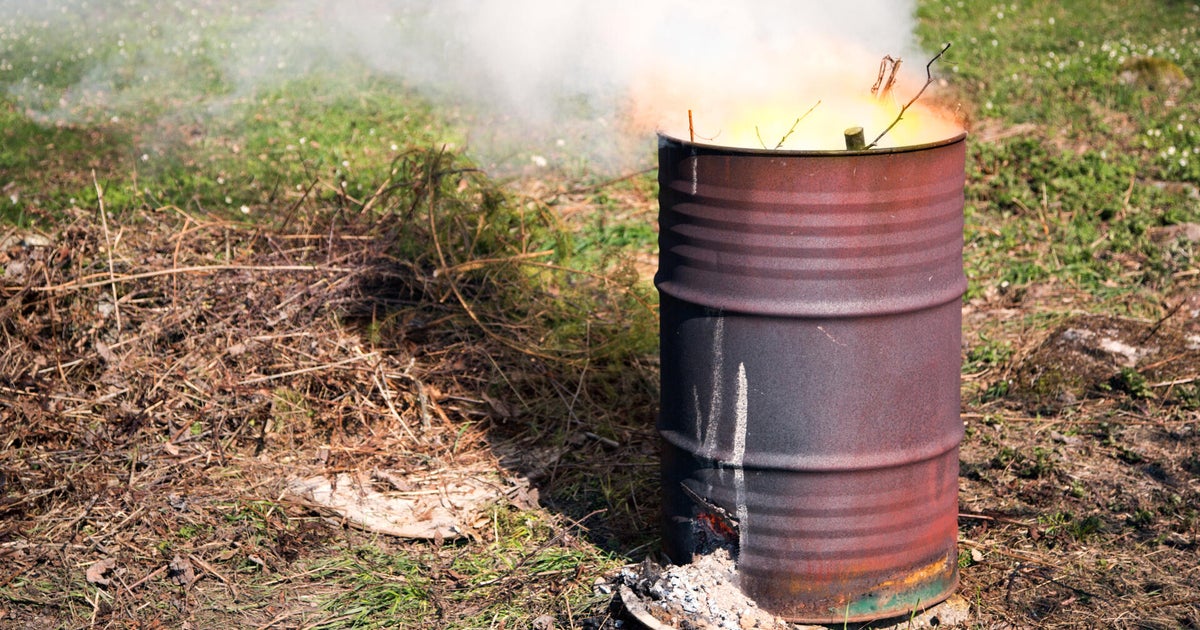Defense Seeks GI's Release In WikiLeaks Case
HAGERSTOWN, Md. (AP) -- A U.S. Army private suspected of passing hundreds of thousands of classified U.S. documents to the anti-secrecy website WikiLeaks is jailed under harsh conditions and should be released, his lawyer said.
Meanwhile, the United Nations' anti-torture chief said Friday that he has asked the U.S. State Department to investigate Pfc. Bradley E. Manning's treatment at a Marine Corps brig in Quantico, Virginia.
A spokesman at the Marine Corps base said he doesn't expect any changes in the maximum-security, injury-prevention conditions under which Manning has been held since he was brought there July 29 from a detention facility in Kuwait. Military officials say the rules, which include confinement 23 hours a day in a single-bed cell, keep Manning safe and secure.
His civilian attorney, David Coombs, said in a blog post that he filed a request to military officials on Thursday seeking Manning's release.
"This request is based upon the fact that the confinement conditions currently being endured by Pfc. Manning are more rigorous than necessary to guarantee his presence at trial, and that the concerns raised by the government at the time of pretrial confinement are no longer applicable," Coombs wrote.
Coombs wrote that he made the request after the brig commander didn't respond to a formal complaint from Coombs and a grievance filed by Manning on Jan. 5.
Other confinement rules require guards to question Manning about his welfare every five minutes when he's awake, prevent him from exercising in his cell and bar him from keeping reading material overnight. Military officials say Manning can exercise outside his cell for 20 minutes a day, has television access, and is allowed visits from his lawyer, a friend, and medical and mental health professionals.
Coombs also wrote that he has filed a demand with the government for a speedy trial. The case is currently awaiting the start, probably in February, of a mental-health investigation to determine if Manning can stand trial. That decision would be followed by an Article 32 hearing to determine if a trial is warranted.
Coombs didn't return telephone calls and e-mails from The Associated Press on Friday.
Quantico base spokesman Col. Thomas V. Johnson said decisions about detainee confinement conditions are made by the brig's commander. Johnson said he didn't know if Manning's status would change but that he didn't expect any changes soon.
Meanwhile, the U.N.'s special rapporteur on torture, Juan E. Mendez, said that in recent days he had sent a letter asking the State Department to investigate Manning's treatment. That request, first reported by the New York Times, was based on complaints Mendez received last month from a Manning supporter.
State Department spokesman Philip J. Crowley confirmed receipt of the letter and said the agency will respond.
Mendez, a visiting law professor at American University in Washington, said the letter's contents will remain confidential until he makes a report to the U.N.'s Human Rights Council, no earlier than March.
"The allegations that this person is in some form of solitary confinement is by itself a matter of concern because solitary confinement by itself can, at least in some instances, cause very serious psychological harm," Mendez said.
Manning, a 23-year-old native of Crescent, Okla., was arrested May 29 in Iraq and charged in early July. He is awaiting a possible trial on military charges that he illegally obtained more than 150,000 secret State Department cables and gave more than 50 to an unauthorized person.
He also is charged with giving an unauthorized person classified video of a 2007 U.S. Apache helicopter attack in Iraq that killed a Reuters news photographer and his driver. WikiLeaks posted the video on its website last April.
Manning and Coombs have not commented publicly on the charges.
(Copyright 2011 by The Associated Press. All Rights Reserved.)







